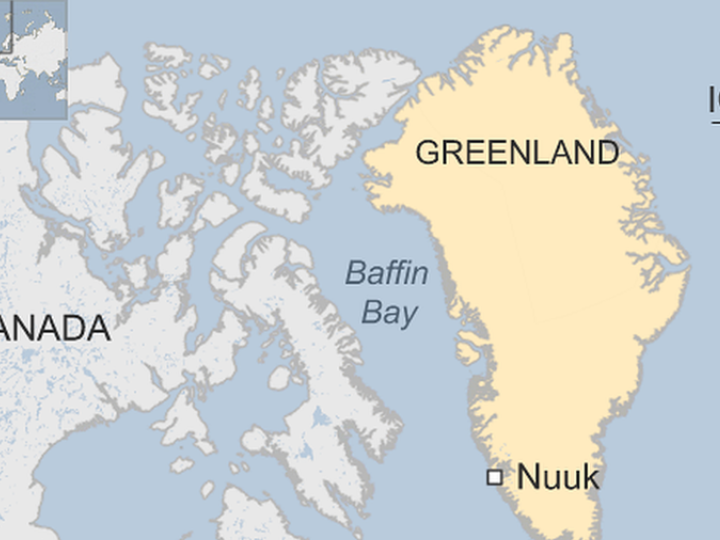by Rajnish Singh
In 1901, Rudyard Kipling’s adventure novel Kim described how a young orphan, Kimball O’Hara, became caught up in the ‘Great Game’, the fierce geopolitical rivalry between the British and Russian Empires for controlling Central and South Asia, Persia, and Tibet. Fast-forward to 2024, and a new ‘Great Game’ is unfolding in the Arctic Circle, where the EU, like Kim, is caught up in a rivalry between an expansionist Russia and an assertive US.
The Arctic has now become a battleground for influence, mirroring the 19th-century Great Game’s past struggles to control remote, resource-rich territories. The region’s vast reserves of oil, gas, and rare minerals, along with newly accessible shipping lanes created by climate change, are drawing global powers into strategic competition.
As in the past, military manoeuvring is central, with Russia fortifying Arctic bases, the US reaffirming its presence, and China pushing for influence. Greenland, for instance, has major US and Danish military bases, while Russia has several key installations, including Nagurskoye Air Base, which can handle fighter planes within striking distance of Greenland.
On 28 March, US Vice President JD Vance, speaking in Greenland, blasted Denmark’s governance of the semi-autonomous island. He said, “You have not done a good job by the people of Greenland, you have underinvested in the people of Greenland, and you have underinvested in the security.” He reinforced Trump’s long-standing position of acquiring Greenland, who has said previously, "We need Greenland, very importantly, for international security," he told reporters at the White House.
The question now is whether Europe has ‘dropped the ball’ in recognising how geopolitically important the region has become.The European Commission issued its first Arctic communication as early as 2008, initially focusing on environmental protection, sustainable resource use, and international cooperation. Only in 2021, after Russia began militarising the region and when Trump first proposed buying Greenland in 2019, did the EU finally get serious about the region.
This delayed response left the EU scrambling to catch up. While the Nordic states understandably had a stake in the region, bigger non-Arctic member states like Germany and France were less engaged. Meanwhile, Russia built up its military infrastructure and capabilities, and the US pressed its strategic claims.
Europe’s lack of investment in military capabilities has contributed to US frustrations. Trump’s push for Greenland reflects Washington’s view that Denmark and Europe failed to take the island’s security seriously. Though the US-led NATO was given the main security responsibility, the EU’s reliance on soft power, such as prioritising climate change and regional cooperation, left the region vulnerable.
Economic opportunities have also been missed. Greenland’s rarer earths and Arctic shipping routes are valuable economically, yet Europe lags behind the US, Russia and China in capitalising on them.
To remain a key Arctic player, the EU must now act decisively. More significant investment in Greenland’s infrastructure, a unified Arctic defence strategy, and deeper cooperation between Nordic nations and Canada could bolster Europe’s position. While it may not have completely “dropped the ball,” the EU has been slow to enter the game.
If it hopes to counter US, Russian, and Chinese influence, it must leverage its economic power and strategic alliances before it is too late and loses out in the ‘Great Game’.




 By: N. Peter Kramer
By: N. Peter Kramer

